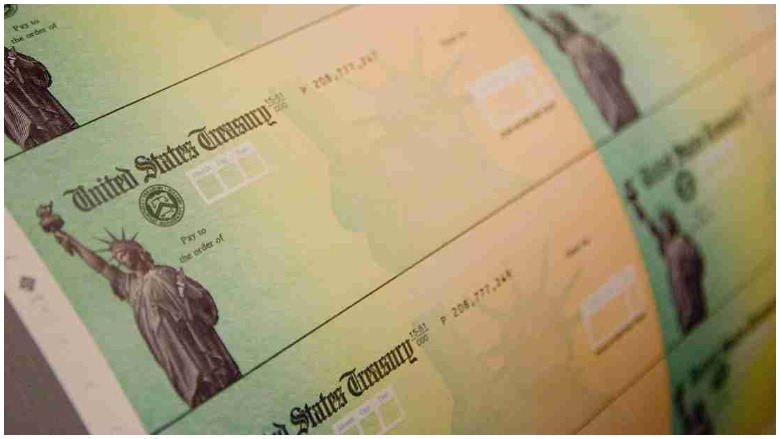
With the election nearing, American citizens are growing increasingly curious about the status of a second stimulus check.
On Wednesday, US Senate Majority Leader Mitch McConnell said that both sides of the aisle are still “very, very far apart” on negotiations surrounding another relief payment. He specified that Democrats and Republicans cannot agree on the total price of a relief package, and described House Speaker Nancy Pelosi’s $2.2 trillion proposal, introduced on September 28, as “outlandish.”
Congress first authorized $1,200 stimulus payments in March after passing the CARES Act. The legislation resulted in $1,200 per individual or $2,400 per married couple filing jointly, with $500 per dependent under age 17.
Early last week, Democrats in the House approved the HEROES Act 2.0. Republicans have dismissed the act as “dead on arrival”, according to AS.com. House Minority Leader Kevin McCarthy added on Thursday, “Today’s so-called compromise isn’t realistic or responsible. It’s the Pelosi Pipedream 2.0 and it’s filled with the same radical, reckless, and ridiculous ideas as the first bill.”
In order to become law, the bill must pass in the Senate, and be signed by President Donald Trump.
Here’s what you need to know:
The Bill Is ‘Not Expected to Become Law’
In addition to $1,200 stimulus checks, the Democratic 2.0 bill includes $600 weekly federal unemployment benefits and $436 billion in state and local aid, according to Forbes.
But because the legislation is largely opposed by Republicans in the Senate, it is not expected to become law.
The sticking point in stimulus negotiations remains the overall price of a package– Democrats are urging for a deal that’s $2 trillion plus, while Republicans have said the deal needs to be less than $2 trillion for it to pass, according to Politico.
On Thursday, Pelosi said that “there is a stark difference not just of dollars, but of values,” reported CBS News.
Mnuchin’s Counter-offer
On Wednesday, just two days after House Democrats unveiled the 2.0 HEROES Act, Mnuchin presented a $1.6 trillion counter-offer to the Democratic proposal.
“The White House’s offer included $250 billion in new aid for state and local governments, $400 weekly federal unemployment benefits, $75 billion in funding for Covid-19 testing and tracing, and another round of $1,200 stimulus checks,” according to Forbes.
On Thursday, negotiations between House Speaker Nancy Pelosi and Treasury Secretary Steven Mnuchin proved unable to end the stalemate between Democrats and Republicans on the overall price of a stimulus package.
Politico wrote, “Pelosi had been highly pessimistic throughout the day Thursday about the chances of reaching an agreement, leaving House Democrats on a path to approve their own stimulus package and head home to run for reelection.”
Speaking about Pelosi’s proposal during a press briefing on Thursday, White House press secretary Kayleigh McEnany said, “Nancy Pelosi is not being serious. If she becomes serious then we can have a discussion, but it’s one Nancy Pelosi is not interested in.”
Thus, despite the fact that both parties, and the White House, have vocalized their approval for a second round of direct payments, they remain unable to iron out the details of a larger economic relief package.
With no end in sight, it remains unclear whether or not Americans can expect to see a stimulus payment hit their bank accounts by the election, or even by the end of the year.
READ NEXT: Stimulus Check 2 Status: August Update